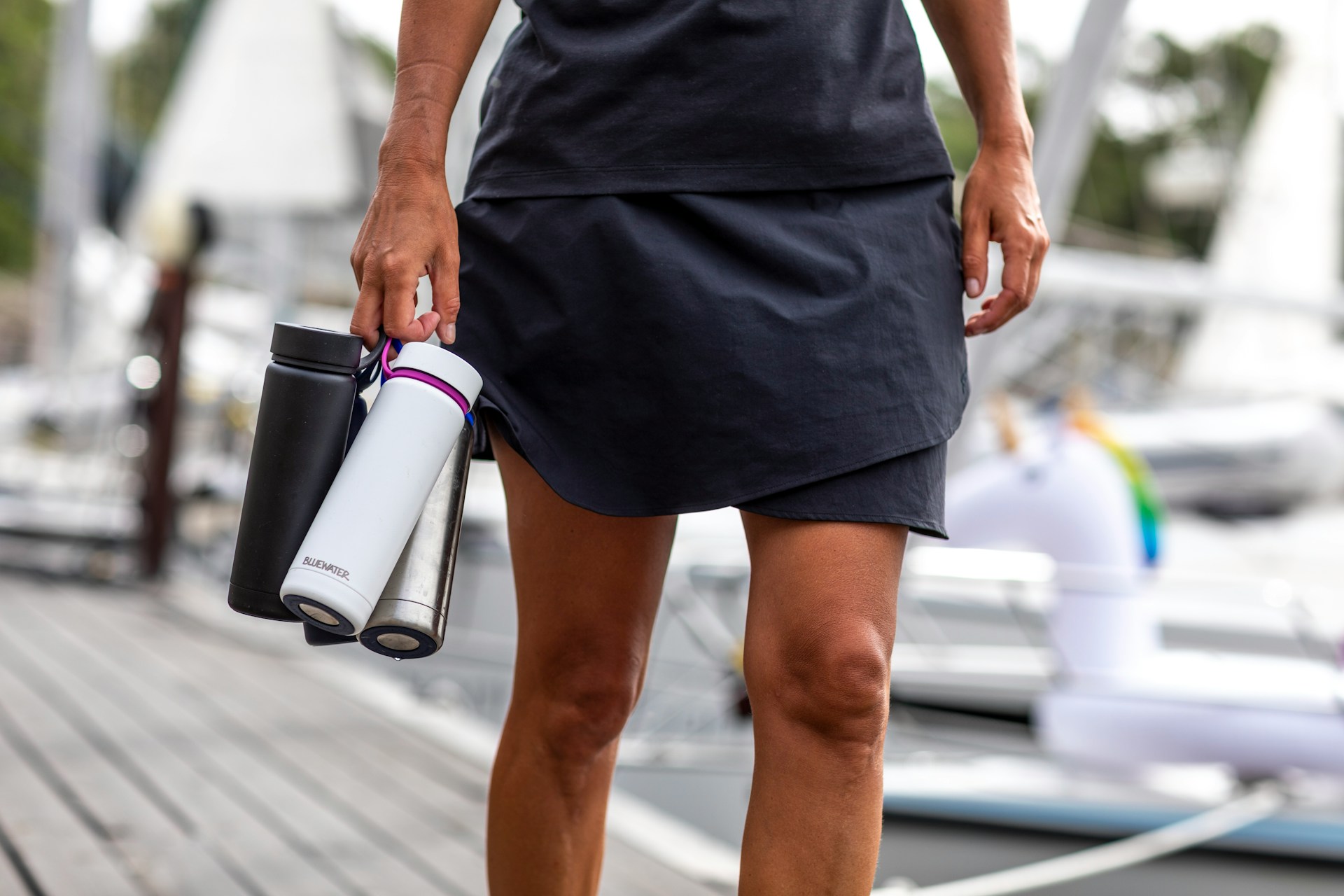Whether you’re an experienced ultra-marathoner or a new runner discovering the joys of trail running, hydration is key to your performance. Long runs and races demand that you carry your water supply with you. And with a myriad of hydration gear on the market, choosing the right hydration pack for endurance runs can be daunting. We’re here to help, bringing you a guide to the crucial factors to consider when making your choice.
Hydration Capacity: How Much Water Do You Need?
When heading out on a long run or race, carrying sufficient water is crucial. With different hydration packs offering various capacities, it’s essential to understand your personal hydration needs to select the most suitable pack.
Sujet a lire : How should a boxer's training regimen be altered when preparing for a higher weight class?
Endurance runs can last several hours, or even days, meaning that hydration becomes a matter of survival, not just comfort. While it’s generally recommended that runners drink 4 to 6 ounces of fluid every 20 minutes during a run, various factors like weather conditions, intensity, and individual sweat rate can influence your hydration needs.
For ultra-endurance events and longer trail runs, consider a pack with a larger capacity, typically 1.5 to 3 liters. Some packs offer even higher capacity, accommodating bladders of up to 10 liters. While these might seem excessive for regular runs, they can be a lifesaver in remote areas without access to water refill stations.
En parallèle : What type of psychological training can help athletes recover from a major defeat?
But remember, the larger the capacity, the heavier the pack will be when full. So, you’ll need to balance your hydration needs with the additional weight you’re comfortable carrying.
Fit and Comfort: Your Pack Should Be an Extension of Your Body
Just as runners take time to choose the right pair of shoes, the fit and comfort of your hydration pack are paramount. After all, this gear would be strapped to your body for several hours during your runs.
The best hydration vests and packs are designed to conform to the shape of your torso, providing a snug fit while minimally impacting your running form. Look for packs with adjustable straps around the chest and waist to ensure they stay secure during your runs.
Materials also play a significant role in comfort. The pack should be made of lightweight, breathable material to avoid excessive sweating and overheating. Padding in the shoulder area can provide added comfort, especially for heavier packs.
Storage Options: Pockets, Flasks and More
Aside from hydration, you’ll likely need to carry other essential items during your endurance runs or races. Therefore, it’s essential to consider the storage options that hydration packs offer.
Most hydration packs come with additional pockets to store your phone, keys, gels, or snacks. Some even have flask pockets on the front, so you can access your water without having to remove the pack.
Look for packs with secure, zippered pockets to ensure your items stay safe during your run. Some packs also offer bungee cords or loops to attach additional gear, such as a jacket or trekking poles.
The Bladder vs. Flask Debate
When it comes to hydration packs, you essentially have two options: a pack with a bladder or a pack with flasks.
Bladder packs are equipped with a large water bladder that sits in a compartment in the back of the pack. They generally have a higher capacity and come with a hose for easy drinking on the go. However, they can be tricky to refill and clean.
On the other hand, flask packs come with one or more water flasks that fit into pockets in the front of the vest. These can be easier to refill and clean compared to bladders, but they typically offer less capacity.
Your choice between a bladder or flask pack will ultimately depend on personal preference, your hydration needs, and the convenience of refilling during your runs or races.
Material and Durability: Go for the Long Run
Lastly, when choosing a hydration pack, don’t overlook the importance of material and durability. Your pack should be able to withstand the rigors of long runs, rough trails, and changing weather conditions.
Many of the best hydration vests are made from ripstop nylon or polyester, which offers strength and durability while being lightweight. Some packs also feature water-resistant or waterproof coatings, which can be beneficial for runs in rainy conditions.
Remember, this pack is going to be your constant running companion, so it’s worth investing in a quality product that will stand up to the test of time and trails.
Brand Comparison: Who Makes the Best Hydration Packs?
With so many brands on the market offering a variety of hydration packs, it can be challenging to decipher which ones truly stand out. Here, we will explore some well-respected and popular brands to consider when making your selection.
Salomon Adv Skin is a leading brand known for its running vests that are lightweight, secure, and offer multiple storage options. The brand’s Adv Skin range provides excellent fit and comfort, with adjustable shoulder straps and a snug fit that adapts to your body shape. Plus, their hydration vests include soft flasks for easy hydration access during your run.
Ultimate Direction is another reliable brand providing high-quality running hydration packs. Their vests often feature a hydration bladder and multiple pockets for all your essential gear. Not to mention, their designs prioritize comfort, ensuring you can run for longer without feeling bogged down.
Black Diamond is a brand known for its durable and versatile outdoor gear. Their Diamond Distance running vest is a minimalist hydration pack designed for trail running. It features a hydration bladder and additional pockets for storage, offering a balance between hydration capacity, comfort, and utility.
Finally, Jeff Colt, a respected name in the running community, has recently released a line of hydration packs. These packs stand out for their focus on fit, with adjustable shoulder straps and a comfortable design that minimally impacts your running form.
When choosing a brand, prioritize your personal needs and preferences. Remember, the most expensive or popular brand might not always be the best fit for you.
The Verdict: Which Hydration Pack Should You Choose?
Choosing a hydration pack for endurance running is a personal decision that should be based on your specific needs, preferences, and the type of running you do.
If you’re a heavy sweater or running in hot conditions, consider a pack with a large hydration capacity, like a bladder pack. If you prioritize comfort and easy access to water, a vest with soft flasks might be more suitable.
When considering fit, remember that your hydration pack should feel like an extension of your body. Look for adjustable straps for a secure fit and breathable materials for comfort.
Don’t forget about storage. Whether it’s for your phone, snacks, or a trekking pole, having easily accessible pockets can make a big difference in your running experience.
And finally, invest in durability. A pack made from strong materials like ripstop nylon or polyester will ensure your hydration pack can withstand the rigors of trail running and last for many races to come.
In conclusion, the best hydration pack for you is the one that meets your hydration needs, feels comfortable and secure, provides ample storage, and stands up to the demands of your running adventures. It’s worth taking the time to research and find a pack that ticks all these boxes and will be a reliable partner on your endurance runs.










